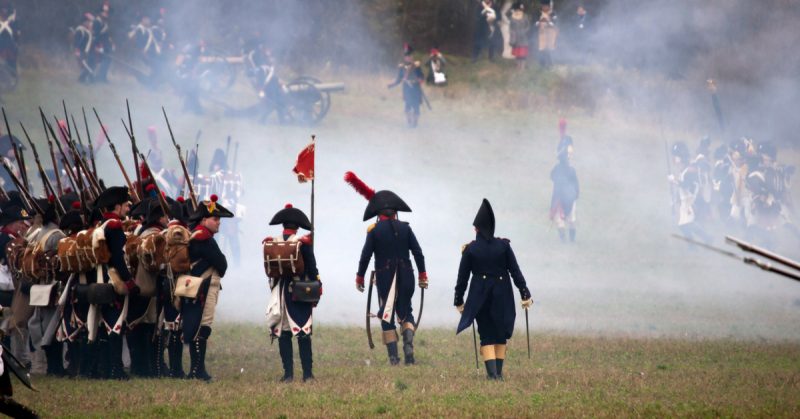Napoleon Bonaparte’s Italian campaign in 1796-7 helped end the French Revolutionary Wars for France, but they were considerably more successful in regards to what they did for Napoleon. They elevated him above his peers and revealed an opportunist, willing to exploit victory for his own political gain. His primary weapons in this regard were an adroit and careful use of propaganda as he brokered peace for his own benefit.
In March of 1796, Napoleon received command of the Army of Italy. On route to Nice, he changed his last name for purely political purposes. Germany was supposed to be France’s focus and not Italy. Napoleon’s appointment may have been to keep him out of trouble. Napoleon didn’t exactly have his work cut out for him.
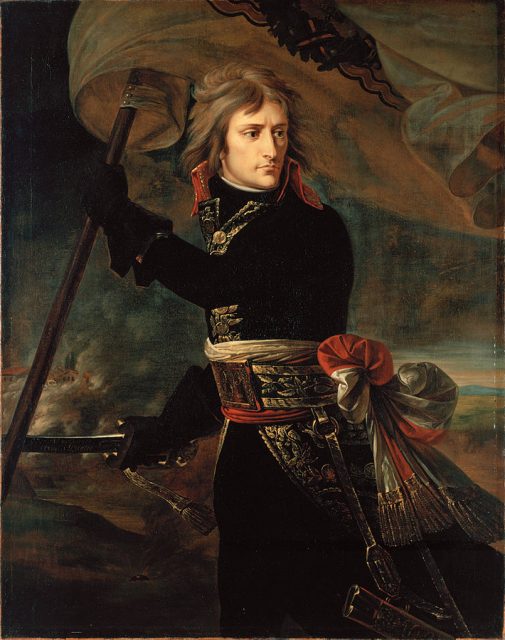
He was the leader of a hungry and disillusioned force of 40,000 soldiers, but within its composition, there were many experienced soldiers who required leadership and adequate provisioning.
Napoleon provided this, much how he transformed the Army later on in his career. Even though he possessed a penchant for exaggeration and overstatement, mostly for the purposes of self-aggrandizement, he also provided what was required.
The first challenge of his new command involved dealing with two hostile forces, one Austrian, the other from Piedmont. The only advantage he had was that they were also hostile towards one another. If they were to join forces, he would swiftly be overrun. Napoleon selected the Piedmont force first, attacking quickly and removing them from the war entirely by forcing them to retreat before signing the Treaty of Cherasco.
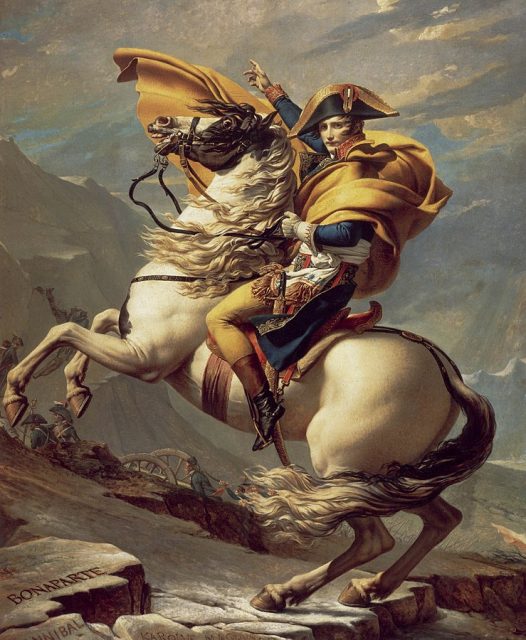
Afterwards, he turned on the Austrians. After their retreat less than a month later, Napoleon controlled Lombardy. Within the first week of May, Napoleon had chased an Austrian army across the Po river and defeated them at the battle of Lodi, storming a well-defended bridgehead without fear. Next, he took Milan, where he instituted a republican government.
Morale was sky high, but nobody was riding higher than Napoleon himself, who saw Lodi as the launching point for greater things to come. He intended to throw himself at Mantua, settling in for a siege, but the expected German invasion hadn’t even begun and he was forced to hold back. Instead, he intimidated, extorted and otherwise acquired submissions and cash from the rest of Italy, adding $60 million francs in cash, bullion, and jewels to French coffers.
Napoleon’s next challenge came from Dagobert Sigmund von Wurmser, who deployed 18,000 men under a subordinate and led 24,000 himself. He attacked in September only to be outflanked and ravaged until he could finally combine his forces with Mantua’s defenders.
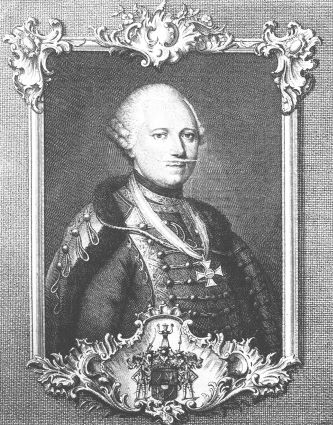
The Austrians made a final attempt to save Mantua in 1797, culminating in the battle of Rivoli and a resounding win for Napoleon’s forces. The Austrians forces had been halved, and they retreated into Tyrol. By February of 1797, Wurmer and Mantua surrendered.
Now Napoleon had conquered northern Italy and the Pope had to buy Napoleon off – or else. Unsatisfied with allowing his defeated foes to retreat and lick their wounds, Napoleon took his 40,000 men into Austria. Here he faced Archduke Charles.
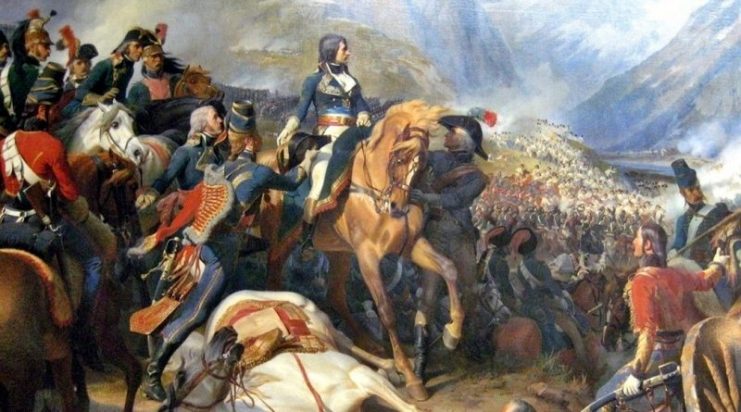
But Charles’s morale was low, which meant that Napoleon knew he could likely negotiate terms, and offered them when he got within sixty miles of Vienna. Experiencing troubles at home in France, with exhausted men and a potential Italian rebellion, he decided it might be best. Back in Italy, he captured the Republic of Genoa, and parts of Venice.
Napoleon’s lengthy run of victories ended the war in Europe and solidified his reputation as France’s pre-eminent general, seemingly capable of doing the impossible. His movements and activities instituted real change, rewriting territorial borders, and enriching France enough to help maintain the government as it lost both fiscal and political control. Ultimately, Napoleon would have an answer for that as well.
